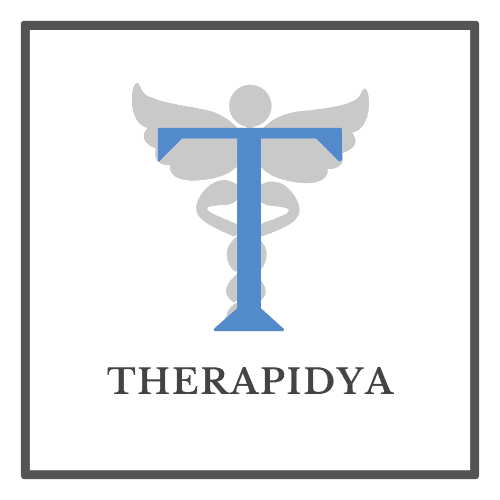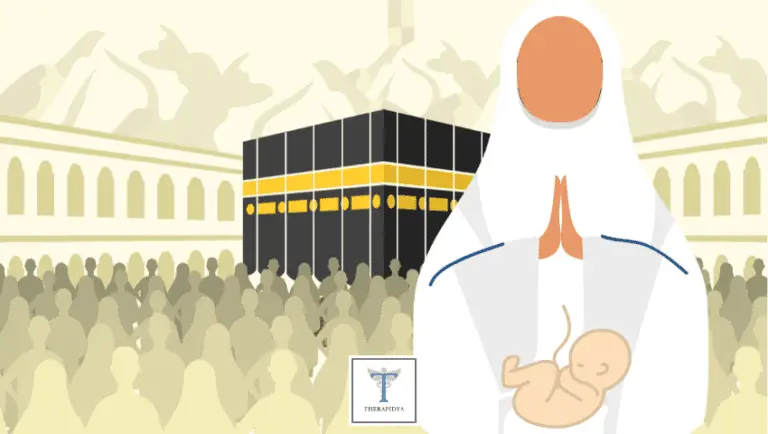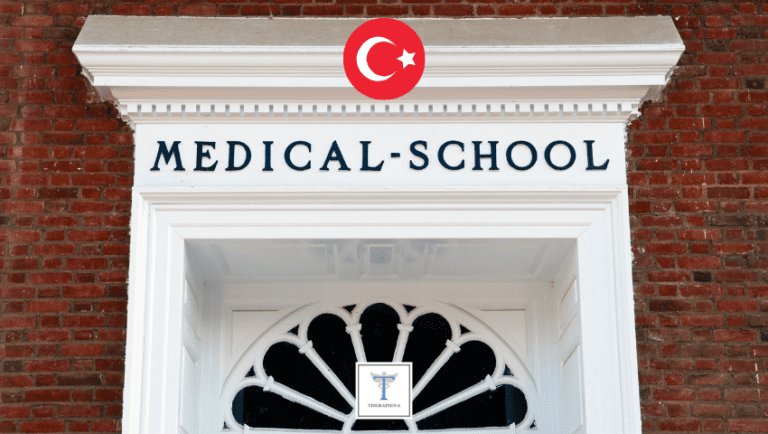Nutritional Advice for Hajj: A Full Guide .. 2023
In this article we will be informing you about nutritional advice for Hajj. Perhaps you are wondering about the significance of a balanced diet when performing Hajj rites, so in this article we provide nutritional advice when performing Hajj. Follow us to find out more.
As the Hajj season approaches, pilgrims prepare to perform religious rites, and healthy food is an important part of the pilgrim, as the nature of performing Hajj makes him more vulnerable to fatigue, dehydration, and other things, and food can protect him from them and supply his body with energy, and some tips must be taken into account to avoid food poisoning and damage. In addition, we provide nutritional advice for Hajj pilgrims in the following article:
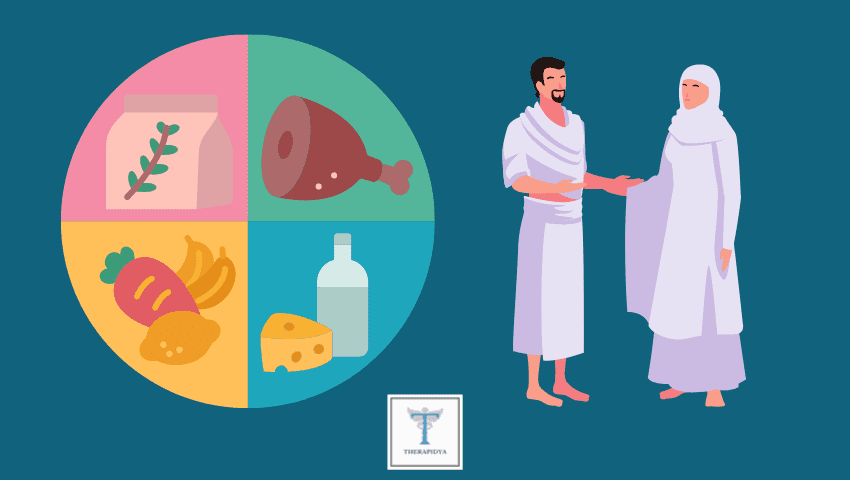
Nutritional Advice for Hajj
It is important for the pilgrim to follow a healthy eating regimen, to avoid dehydration and overgrowth that lead to fatigue and exhaustion.
We offer you suggestions for nutritional advice during Hajj as follows:
Nutritional Advice for Hajj to Avoid Dehydration
Pilgrims are prone to dehydration due to the hot weather and sweating, so it is important to follow some of the following tips:
- To avoid dehydration, drink plenty of water (8-10 glasses per day) as well as natural juices.
- Consume water-rich fruits and vegetables such as cucumber, watermelon, and orange to help maintain the balance of your body’s water stores.
Also read: Online shopping in Saudi Arabia
Nutritional Advice for Hajj to Keep the Body Healthy
The rituals of Hajj necessitate the expenditure of energy. You can eat healthy food to avoid fatigue, exhaustion, and other health issues. Here are some suggestions:
- Choose fresh foods that are high in vegetables and fruits, and avoid canned foods.
- Consume adequate and balanced amounts of food while taking care not to overeat.
- Choose healthy foods that have been grilled or boiled rather than fried foods.
- Dates, raw nuts, and whole grains are high in vitamins and protein.
- Sweets and soft drinks, which contain high levels of sugar, should be avoided.
- Eat potassium-rich foods, such as bananas, to help relieve muscle spasms.
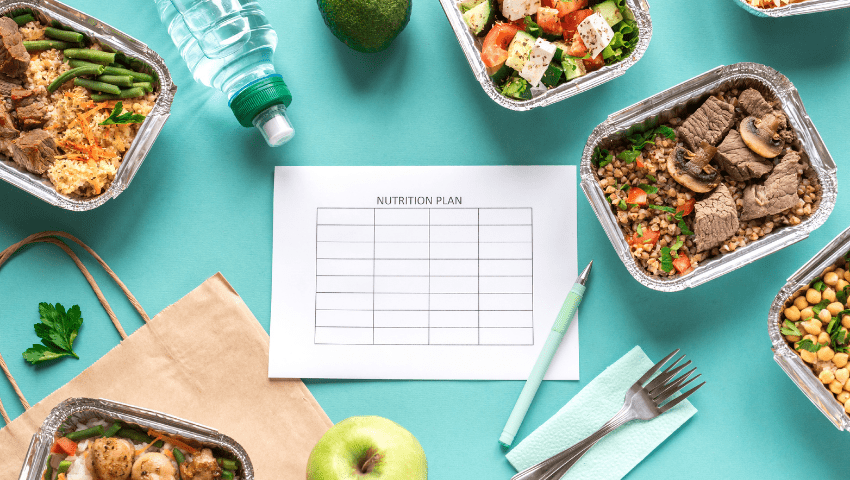
Nutritional Advice During Hajj for Those With Chronic Diseases
If you suffer from a chronic disease , be sure to check with the specialist doctor before you go for Hajj, as you may need to adjust some of the doses of your medicines, and you should also make sure to take sufficient amounts of medicine with you, in addition to that, you can follow nutritional advice when performing Hajj, especially the nature of your illness.
Here are some of them as follows:
Heart Patients
If you suffer from heart disease , be sure to avoid physical exhaustion, and here are nutritional tips during Hajj that are specific to your condition as follows:
- Eat foods low in fat and salt.
- Stick to the diet your doctor prescribed for you.
Diabetics
If you have diabetes, be sure to watch for signs of low blood sugar (hypoglycemia) carefully, and follow the following nutritional advice:
- Eat your main meals in addition to snacks while traveling, according to the diet prescribed by your doctor.
- Make sure to carry foods that help you raise your sugar in case you get a sudden dip, such as sweet fruit juice like apples, raisins, or glucose pills.
Patients with Impaired Renal Function
In the event that you suffer from impaired kidney function , be sure to take your medication regularly, and you can also follow nutritional advice during Hajj that is specific to your case:
- Make sure to drink fluids and take adequate amounts of salt, as prescribed by your doctor.
- Avoid eating a lot of meat, for fear of its effect on kidney function.
Tips on Hajj to Prevent Food Poisoning
After we have provided you with nutritional advice during Hajj, we must point out the importance of ensuring the safety and health of food, in order to prevent food poisoning and diarrhea. Here are some of these tips as follows:
- Wash fruits and vegetables well with water before eating them.
- Avoid leaving food uncovered, as this makes it vulnerable to contamination and insects.
- Wash your hands thoroughly with soap and water when preparing food and before and after eating it.
- Make sure to use purified water or bottled mineral water when preparing food.
- Avoid cooking large quantities of food and taking them with you during your travels between the rituals of Hajj, as food is subject to spoilage and bacteria growth in it, if it remains for more than two hours at room temperature.
This post is also available in: Dansk (Danish) Nederlands (Dutch) Français (French) Deutsch (German) עברית (Hebrew) Italiano (Italian) Polski (Polish) Română (Romanian) Русский (Russian) Türkçe (Turkish) Español (Spanish) Български (Bulgarian)
